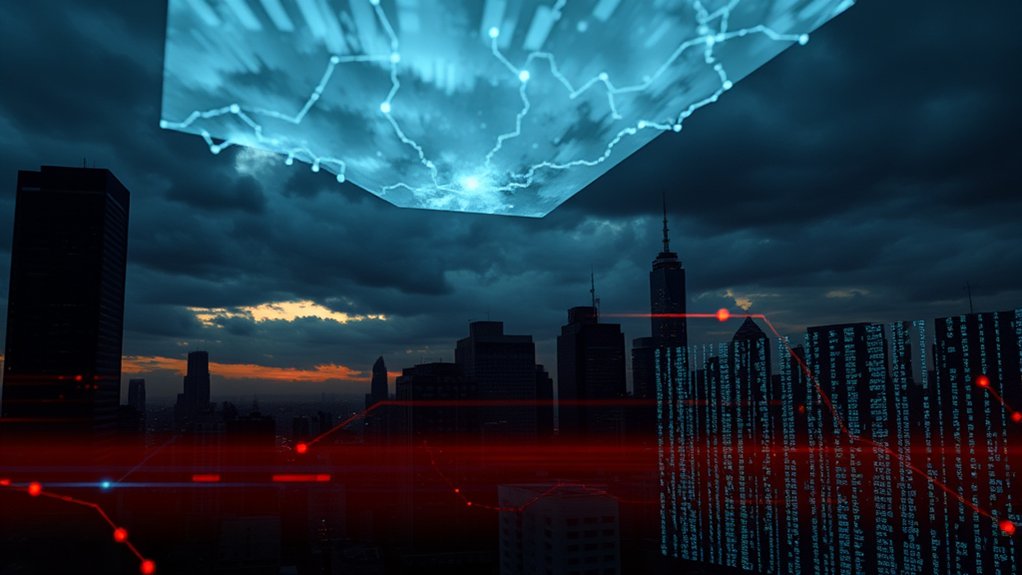As tensions between the United States and Iran escalate, the U.S. increasingly prepares for the likelihood of cyberstrikes originating from Iranian state-sponsored actors. Over the past decade, Iran has demonstrated a persistent capacity for cyber operations, employing tactics that include distributed denial-of-service (DDoS) attacks and data theft. The Izz ad-Din al-Qassam Cyber Fighters, for instance, launched significant DDoS campaigns targeting U.S. financial institutions starting in December 2011, marking a strategic shift in Iran’s approach to warfare.
In recent years, particularly since early 2020, Iranian cyber incursions have intensified as retaliation for U.S. military actions, particularly the assassination of General Qassem Soleimani. Federal agencies, including the Department of Homeland Security (DHS) and the Federal Bureau of Investigation (FBI), have issued alerts regarding heightened cyber threats from Iran, emphasizing that these strikes are often economically motivated and aimed at critical sectors, including finance, healthcare, and energy. This pattern indicates a calculated preference for cyberspace as a means of retaliation over traditional kinetic strikes. Iran’s cyber capabilities have been characterized as increasingly sophisticated, which allows them to execute these cyber operations effectively. Moreover, the asymmetric nature of cyberwarfare enables Iran to conduct operations that can have devastating effects on targeted nations’ infrastructure.
Iranian cyber units, including those under the Islamic Guard Corps (IRGC), showcase capabilities in denial-of-service attacks and ransomware, illustrating a hybrid warfare strategy that supports conventional military operations. Analysts have highlighted that such cyber efforts are largely supported by state-sponsored resources, underscoring a structured approach to cyber warfare for Iran.
In anticipation of these threats, the U.S. has ramped up its cybersecurity measures. Improved intelligence monitoring and collaborative efforts between federal agencies and the private sector aim to fortify defenses within critical infrastructure. U.S. preparation includes proactive development of offensive cyber capabilities intended to deter Iranian aggressions before they materialize.
With potential targets including U.S. nuclear facilities and energy grids, experts note that the stakes are extraordinarily high. As cybersecurity becomes increasingly integral to national defense strategy, both nations brace for an uncertain future shaped by these capabilities.









